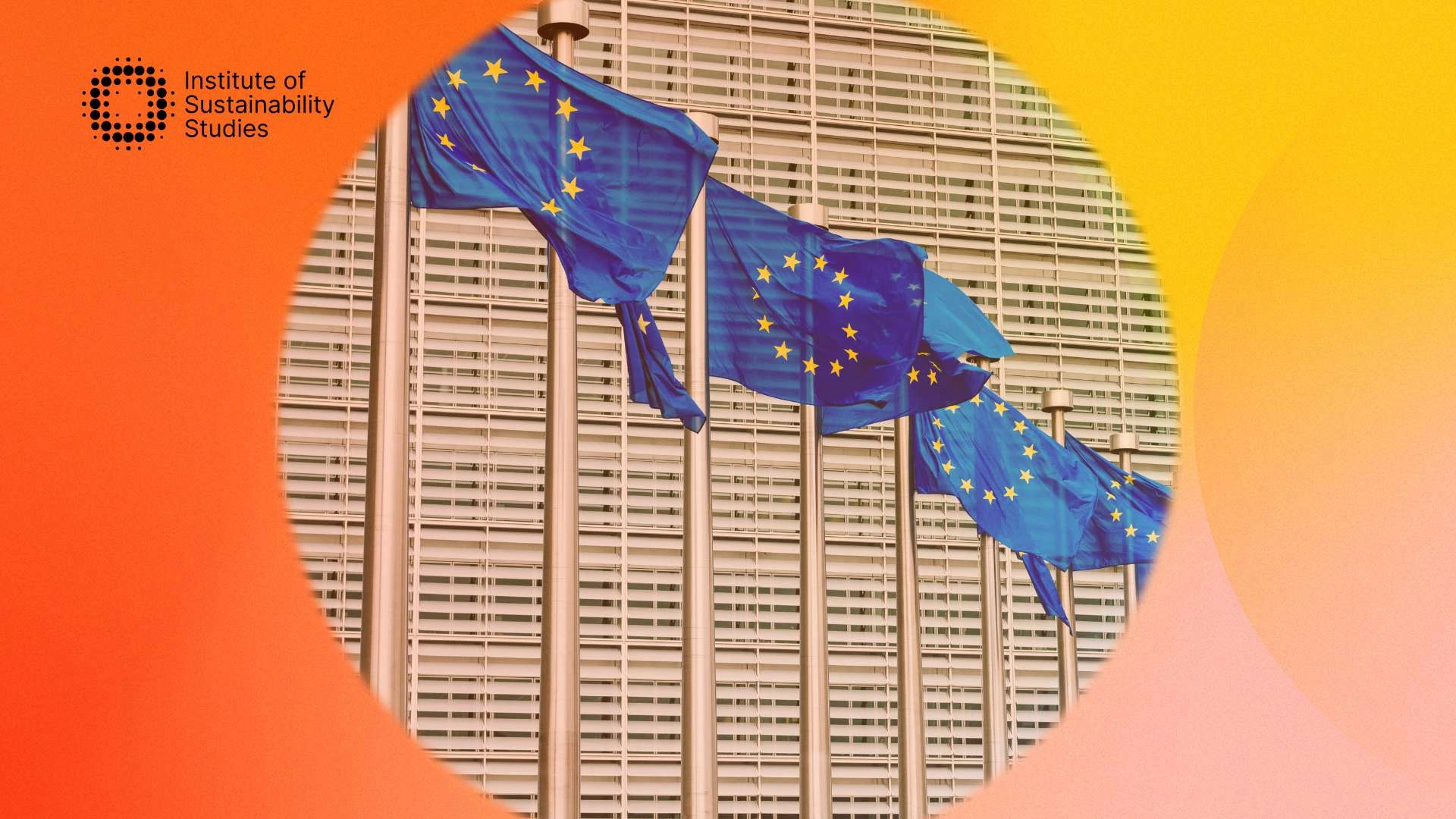The UN Environment Programme (UNEP) published its latest annual emissions gap report, which shares that global emissions reached a record high in 2023. It confirmed that worldwide greenhouse gas emissions exceeded 57 gigatonnes in 2023 for the first time in history. Nations will have to collectively deliver a 42 percent reduction by 2030 to keep the Paris Agreement’s 1.5C goal feasible.
A deeper look at the report’s findings
The largest sources of emissions were power (26 percent of the global total), agriculture and land use (18 percent), transport (15 percent) and heavy industry. It was revealed that the fastest-growing industry in relation to emissions figures year-on-year was international aviation. A 19.5 percent increase was recorded between 2022 and 2023 for this sector.
The biggest national emitter by far in 2023 was China. They produced 16,000 megatonnes of CO2 equivalent, up 5.2 percent year-over-year. The USA produced nearly 6,000 megatonnes (down by 1.4 percent), and the entire G20 produced 40,900 megatonnes (up by 1.8 percent). This global emissions report highlights that nations are largely off track to delivering their 2030 climate targets under the Paris Agreement.
If these targets are delivered in full, the world’s temperature increase on pre-industrial levels would be around 2.6C to 2.8C by 2100. However, with current progress in mind, the world is heading for a 3.1C future. The International Panel on Climate Change (IPCC) has said that exceeding the Paris Agreement targets of 1.5C and 2C would cause irrevocable damage and make the planet unlivable for humans.
They concluded that 1.5C is technically still possible, but massive effort is needed. Technically, emissions could be reduced by up to 31 gigatonnes of CO2e (52 percent of emissions in 2023) in 2030 and 41 gigatonnes in 2035, according to the report. This would bridge the gap to 1.5C in both years at a cost below $200 per tonne of CO2e. Reductions of at least 42 percent by 2030 and 57 percent by 2035 are required to keep the 1.5C vision alive.
Understand decarbonisation in-depth with a practical business sustainability course
An urgent call to action and measures to accelerate progress
The UNEP has made a plea within its report for nations to halt producing ‘hot air’ and draw up more ambitious Paris Agreement targets, supported by credible delivery plans to slash emissions now and in the future. These plans and targets are referred to as Nationally Determined Contributions (NDCs). Nations are being implored to submit updated NDCs in the first quarter of 2025, ahead of COP30 in Brazil next winter.
The UN has also established the Enhanced Transparency Framework to improve transparency concerning national efforts to deliver the Paris Agreement. Under the framework, nations must submit biennial transparency reports (BTR) every two years, with the first submission due by December 31st, 2024. BTRs require information and data that share progress toward NDC and sub-policies and measures. This includes financing levels, technology deployment, climate adaptation plans, and capacity-building efforts.
Final thoughts
The UNEP’s latest emissions gap report is a sobering reminder that global climate ambitions are falling dangerously short in the face of an escalating crisis. While the 1.5°C target remains technically achievable, the window for decisive action is narrowing at an alarming rate. Countries must move beyond symbolic promises and deliver tangible, immediate reductions in greenhouse gas emissions, underpinned by ambitious targets and transparent reporting mechanisms.
Businesses, as significant contributors to global emissions, hold a pivotal role in bridging the gap. The private sector has both the responsibility and the potential to drive transformative change. However, achieving this requires more than good intentions; it demands the right tools, expertise, and strategies. Equip your organisation to lead in the green economy with our online business sustainability training courses. Empower your teams with the knowledge to turn sustainability challenges into meaningful, actionable solutions.










